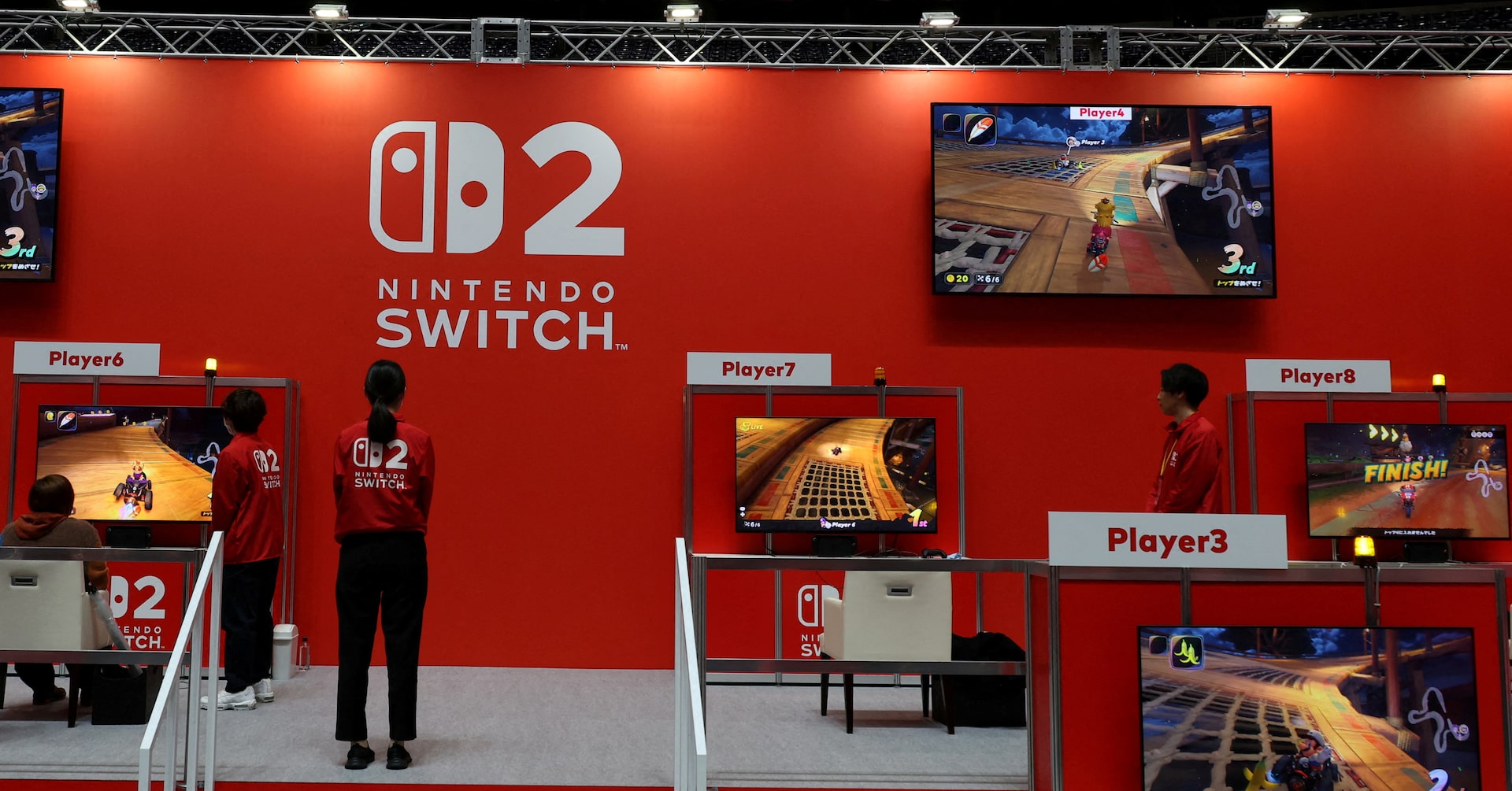Nintendo's Switch 2: A High-Stakes Gamble in the Global Tech Battlefield

During the height of global pandemic restrictions, Nintendo's Switch emerged as a digital lifeline, offering millions of people a much-needed escape from isolation and uncertainty. The handheld gaming console provided entertainment, connection, and a sense of adventure when the world seemed to stand still.
Now, as the dust settles on those challenging times, Nintendo faces a new battlefield—a complex and unforgiving trade landscape that threatens to test the company's resilience. With the launch of its highly anticipated successor device, the Japanese gaming giant must navigate geopolitical tensions, supply chain disruptions, and fierce market competition.
The upcoming console represents more than just a technological upgrade; it symbolizes Nintendo's strategic response to an increasingly volatile global market. As trade wars simmer and economic uncertainties loom, the company's ability to innovate and adapt will be crucial in maintaining its legendary status in the gaming industry.
Gamers and industry analysts alike are watching closely, eager to see how Nintendo will leverage its creative prowess and loyal fan base to overcome these challenging external pressures. The stakes are high, and the next chapter of Nintendo's story is about to unfold.
